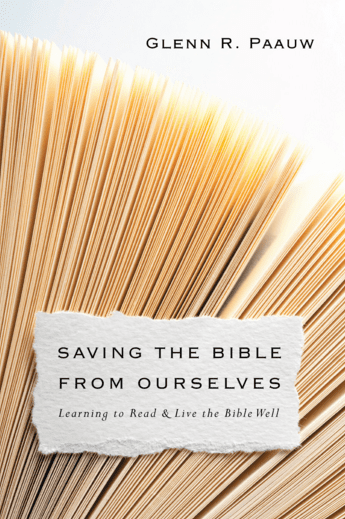An issue for conversation, an issue I find arising more and more often in New Testament discussion. That issue is often called “supersessionism.” At work here is a simple question: What happened to Israel (or to Judaism, or to faithful Jews) when Jesus came? Did Jesus “replace” Israel with his kingdom people, the church? (That word “replace” is the debate and it is what “supersessionism” is all about.)
The question then is this: Does the church replace Israel as the locus of God’s People or is there a separable Israel within the one people of God? Now put in a different way: if Jesus is the Messiah, and if that means there is one means of redemption (through Christ), is there within the church a bi-lateral arrangement — Jewish believers who trust in Jesus and follow the Torah, and Gentile believers who trust in Jesus but who do not follow the Torah in the same manner that Jewish believers follow the Torah?
More questions: Are the promises and covenant with Israel irrevocable in an ethnic or fleshly sense? Or are these promises irrevocable with only the “new” Israel (the church)? Are Jewish believers to follow Torah? Or, are they to be mixed into the church and abandon their Jewish-ness? Ramped up to a new level: Are Jews “saved” by following the Abrahamic/Mosaic/Davidic covenant while Christians are saved by the covenant with Christ? (A kind of pluralism.)
To engage this conversation I’d like to dip again into D. Rudolph and J. Willitts’ Introduction to Messianic Judaism and the important essay by Kendal Soulen, whose discussions of supersessionism have become the frontrunner. He finds three kinds at work in the church:
1. Structural: creation, fall, covenant, and redemption move from Israel to the whole world, and so leave Israel behind structurally in the redemptive plan of God. This standard canonical narrative, Soulen once said, was unredeemable — he now thinks the Tetragrammaton as sacred in both eras can give rise to a non-supersessionistic canonical narrative in which Israel’s covenant is eternal. [I’m unconvinced his theory of the Tetragrammaton resolves much. Supersessionism must be resolved another way.]
2. Economic: the covenant with Israel was all along meant to be fulfilled in Jesus and thus the new covenant and Jesus and Spirit … each supersedes the terms of the older covenant. Thus, circumcision is superseded by baptism and circumcision is no longer a covenant marker.
3. Punitive: Israel is punished by YHWH for its sins and that leads to God’s formal covenant with the church.
There is another element here that I have learned in conversations. Let us say we don’t want to be supersessionist. Let’s also say Jewish believers are still to follow Torah alongside Gentiles believers, in one Body of Christ, where Gentiles don’t have to become Jews. That is, Jewish and Gentile believers are together the church.
The issue remains: is the New Covenant one that “fulfills” the Old Covenant in such a way that redemption is now found only in Christ and the new covenant? If that is the case, what happens to “Israel after the flesh” that doesn’t believe in the Messiah? Is the new, fulfilled covenant — fully continuous with the old but concretely now realized in Yeshua so that redemption is in him alone — not a form of “covenant supersession” within Israel?











